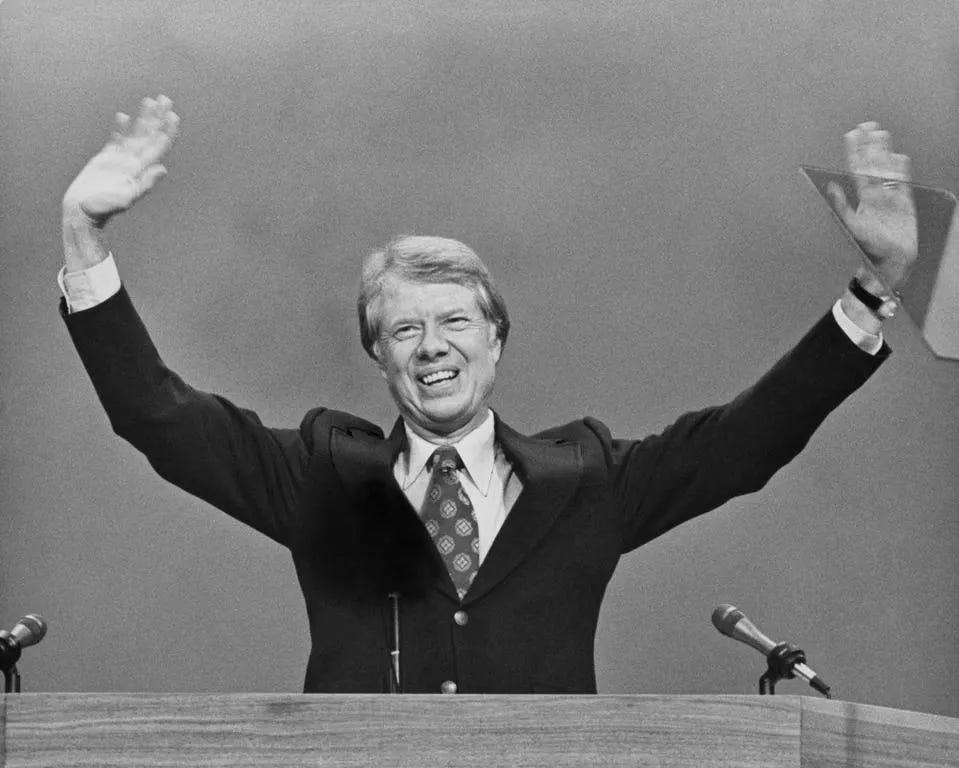Jimmy Carter Deserved Better
The 39th president of the United States was a genuinely good human who wanted nothing more than peace in the world.
Two days before the end of 2024, a full century after he was birthed into this world, former President of the United States James Earl Carter passed away yesterday. Known to everyone as Jimmy, he was a remarkably open, honest, and transformative president—Bill Clinton simply does not win in 1992 without Carter paving the road for him—who was handed a br…



